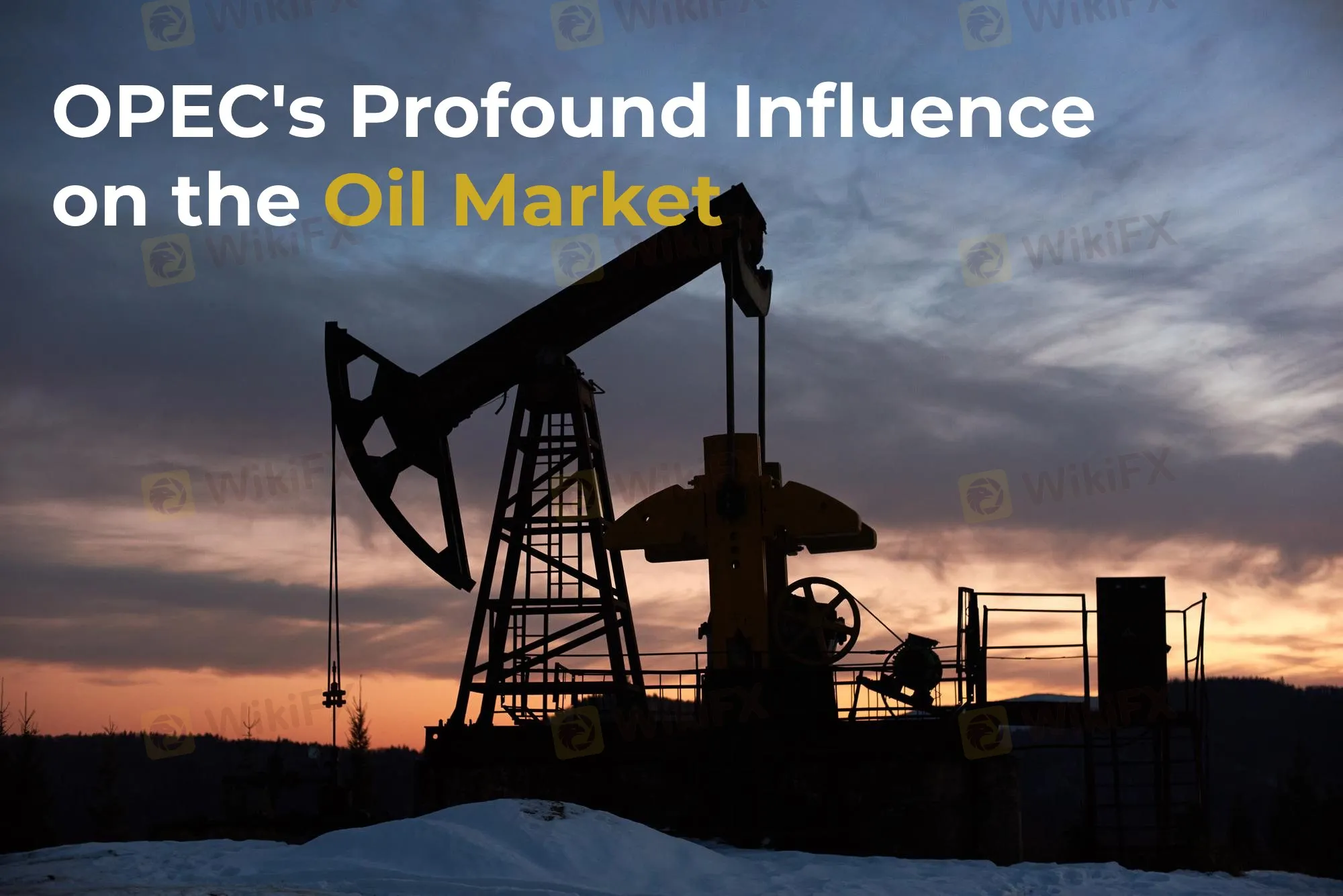简体中文
繁體中文
English
Pусский
日本語
ภาษาไทย
Tiếng Việt
Bahasa Indonesia
Español
हिन्दी
Filippiiniläinen
Français
Deutsch
Português
Türkçe
한국어
العربية
OPEC's Profound Influence on the Oil Market
Abstract:At present, oil prices remain relatively stable, but global economic recovery and shifting market demands continue to drive price fluctuations. Amid an uncertain global economic and geopolitical landscape, OPEC’s policies and actions remain key determinants of oil prices.

Currently, oil prices are hovering between $70 and $75 per barrel, maintaining a steady range. The slight rebound in prices is largely due to an uptick in global demand, along with growing concerns about geopolitical risks. While the global economic outlook remains uncertain, the gradual recovery of major economies has boosted crude oil demand, pushing prices higher. Investors and analysts are closely monitoring OPECs production policies to see how the organization adjusts in response to changing global energy needs.
How OPEC and Geopolitics Affect Oil Prices
OPEC plays a pivotal role in influencing oil prices. As a major global oil-producing organization, every decision OPEC makes regarding production cuts or increases directly impacts global prices. For example, in late 2019 and early 2020, OPEC, along with non-OPEC nations, decided to reduce production, successfully driving up oil prices. In addition, geopolitical factors are another significant driver of oil price volatility. Tensions in regions like the Middle East can disrupt oil supply, causing prices to surge. In such cases, OPEC often adjusts production levels to respond to external risks and stabilize the market.
Understanding OPEC, OPEC+, and Non-OPEC Countries
OPEC (Organization of the Petroleum Exporting Countries) is an international organization founded in 1960, consisting of 14 major oil-producing countries. These nations control around a quarter of global oil supply, with significant members like Saudi Arabia, Iraq, and the UAE.
OPEC+ is a cooperative alliance formed between OPEC and some non-OPEC oil-producing nations, including Russia, with the goal of jointly managing global oil prices through coordinated production cuts or increases.
Lastly, non-OPEC countries are those that are not part of OPEC but are still major oil producers, such as the United States and Canada. These countries also influence global oil prices, particularly with the rise of U.S. shale oil production, which has increasingly impacted market trends in recent years.
In conclusion, the decisions and strategies of OPEC, OPEC+, and non-OPEC nations directly shape the volatility of global oil prices through their production adjustments and geopolitical considerations.

Disclaimer:
The views in this article only represent the author's personal views, and do not constitute investment advice on this platform. This platform does not guarantee the accuracy, completeness and timeliness of the information in the article, and will not be liable for any loss caused by the use of or reliance on the information in the article.
Read more

Know These 5 Truths- Before You Choose Blackwell Global
You will find many articles appreciating Blackwell Global, but only a few talk about the red flags of the broker. In this article, we will expose the broker and discuss the harsh truths about Blackwell Global. Keep reading.

5 Reasons to Know Why INFINOX Is a Standout Broker?
Every trader wants to invest their hard-earned money with a broker that offers them benefits and makes their forex journey smooth. Here is a broker you can consider to make your forex trading experience easier. Check out this article to learn how INFINOX stands out in the field of forex brokers

Real Risk Factors with Admiral Markets ! Explained
Many people like Admiral Markets for various reasons, but they often ignore its red flags. Before investing with any broker, it's important to understand the risks involved. If you're not careful, you could fall victim to a scam. Be Scam Alert and make sure you know the risks before choosing Admiral Markets.

Top Forex Trading Scams to Watch Out for in 2025
Stay informed about the top Forex trading scams in 2025 and learn how to protect yourself from fraudsters. Discover key warning signs and regulatory actions.
WikiFX Broker
Latest News
In middle of Trump's trade war, importers hold more cash and move inventory off the books
Gold Soars Above $3,350 as XAU/USD Rallies on Trade Tensions
What WikiFX Found When It Looked Into Emar Markets
Short or Long Term: Which to Choose for Double-Digit Returns from Gold Investments?
What is Forex Trading Simulator?
MT4 vs MT5 Which Forex Trading Platform Fits Your Needs in 2025?
Switzerland tourism boosted as women's soccer continues record-breaking rise
Meta removes 10 million Facebook profiles in effort to combat spam
Cognition to buy AI startup Windsurf days after Google poached CEO in $2.4 billion licensing deal
Musk's xAI faces European scrutiny over Grok's horrific' antisemitic posts
Currency Calculator



